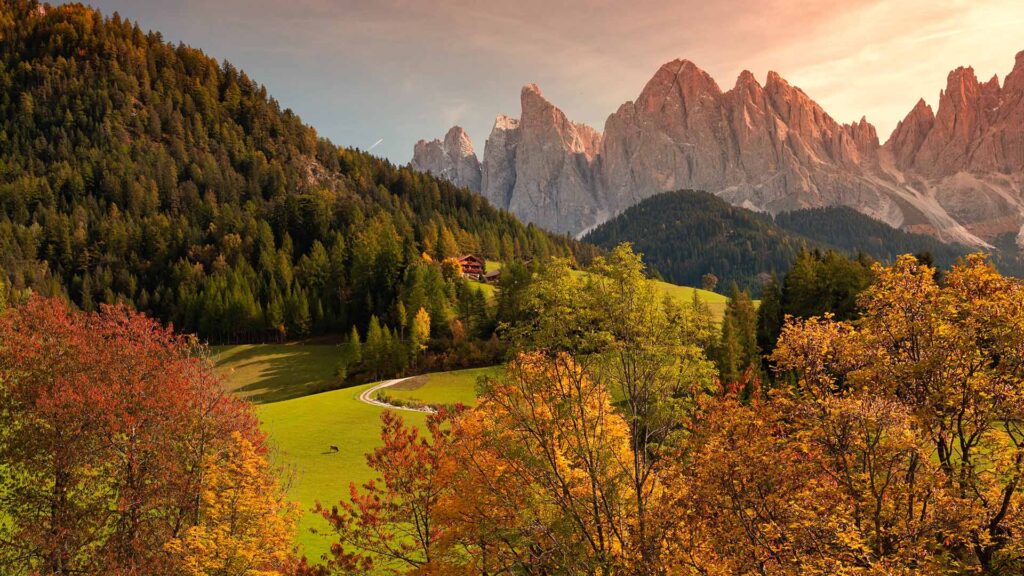
Nehemiah’s Sabbath Reforms
After spending 70 years in Babylonian captivity, the Jews returned to Jerusalem to rebuild the city and the temple. The restoration process was slow and frequently stalled. Upon hearing of one such delay, Nehemiah, a Jew and cupbearer to King Artaxerxes of Persia, requested permission to go for a time to Jerusalem to assist with the completion of the city walls. Nehemiah finished the city walls, and also instituted a number of reforms, including those impacting the Jews’ Sabbath observance. Recording his work, Nehemiah wrote, “And it came to pass, that when the gates of Jerusalem began to be dark before the sabbath, I commanded that the gates should be shut, and charged that they should not be opened till after the sabbath: and some of my servants set I at the gates, that there should no burden be brought in on the sabbath day” (Nehemiah 13:19). Nehemiah’s reforms set the stage for a stricter observance of the Sabbath among the Jews in the centuries leading up to the time of Christ.





